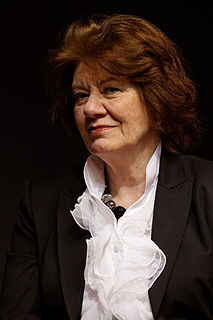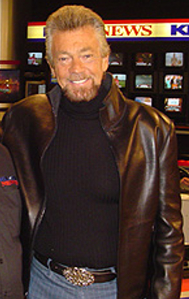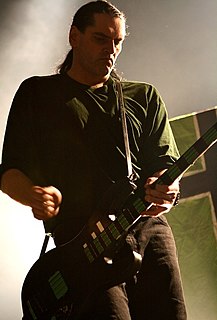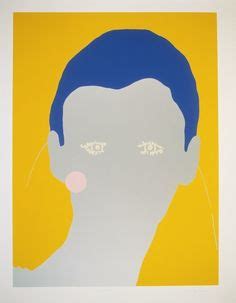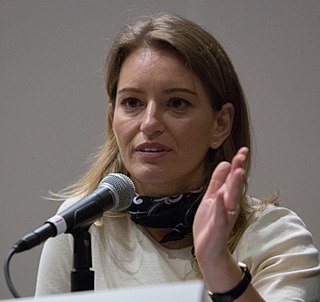A Quote by Anne Perry
You start at the end, and then go back and write and go that way. Not everyone does, but I do. Some people just sit down at the page and start off. I start from what happened, including the why.
Related Quotes
I think any start has to be a false start because really there’s no way to start. You just have to force yourself to sit down and turn off the quality censor. And you have to keep the censor off, or you start second-guessing every other sentence. Sometimes the suspicion of a possible false start comes through, and you have to suppress it to keep writing. But it gets more persistent. And the moment you know it’s really a false start is when you start … it’s hard to put into words.
Corrival looked around. 'So is this it? Is everyone here? Erskine, maybe you should start the ball rolling. I have places to go and things to do.' 'Me?' Ravel asked. 'Why do I have to start it? You're the most respected mage here. You start it, or Skulduggery.' Skulduggery shook his head. 'I can't start it. I don't like most of these people. I might start shooting.
I write lyrics really fast. When it's time to write, I usually put them off until the very end and then when it's time to write I can just sit down: I sing the melody, whatever the melody is, because that's the first thing that's already been there for a long time; I start singing it and I start creating consonants and vowels; then they turn into words; then all of the sudden one sentence will happen; then that sentence will dictate how the rest of the sentences happen.
I can't believe that this world can go on beyond our generation and on down to succeeding generations with this kind of weapon on both sides poised at each other without someday some fool or some maniac or some accident triggering the kind of war that is the end of the line for all of us. And I just think of what a sigh of relief would go up from everyone on this earth if someday-and this is what I have-my hope, way in the back of my head-is that if we start down the road to reduction, maybe one day in doing that, somebody will say, 'Why not all the way? Let's get rid of all these things'.
There were a lot of lessons of production to be learned. On the page, the biggest thing you learn on any TV show is how to write to your cast. You write the show at the beginning with certain voices in your head and you have a way that you think the characters will be, and then you have an actor go out there, and you start watching dailies and episodes. Then, you start realizing what they can do and what they can't do, what they're good at and what they're not so good at, how they say things and what fits in their mouth, and you start tailoring the voice of the show to your cast.
You sit and you let your fingers go to wherever they are going to go. You wait until you start to hear something, and you start to figure out what it is that you're doing. And then you add another piece next to that piece, and wait to see if some kind of pattern or something interesting starts to grow, and then you cultivate it.
When you're just starting out in the TV business, you don't know anything at all, and you think you're doing a better job than everyone else around you, and you just sort of presume that you're not getting the credit you deserve. And then when you start to get better, the pressure is extraordinary, and then you start to second-guess everything you do, and when people start looking to you for answers, for insight and for analysis and guidance, you start to wonder if you are the right person - even when you have all the information.
